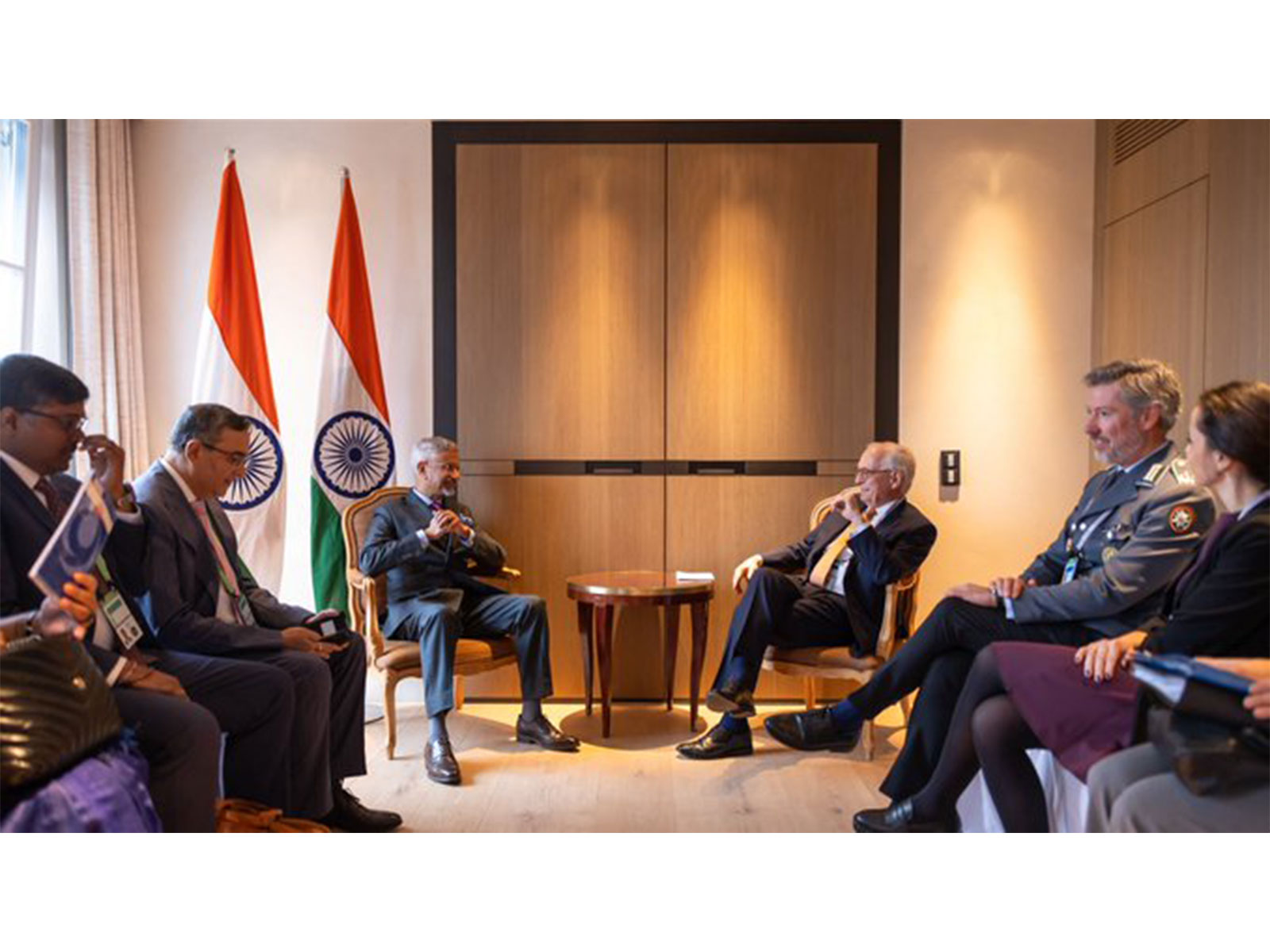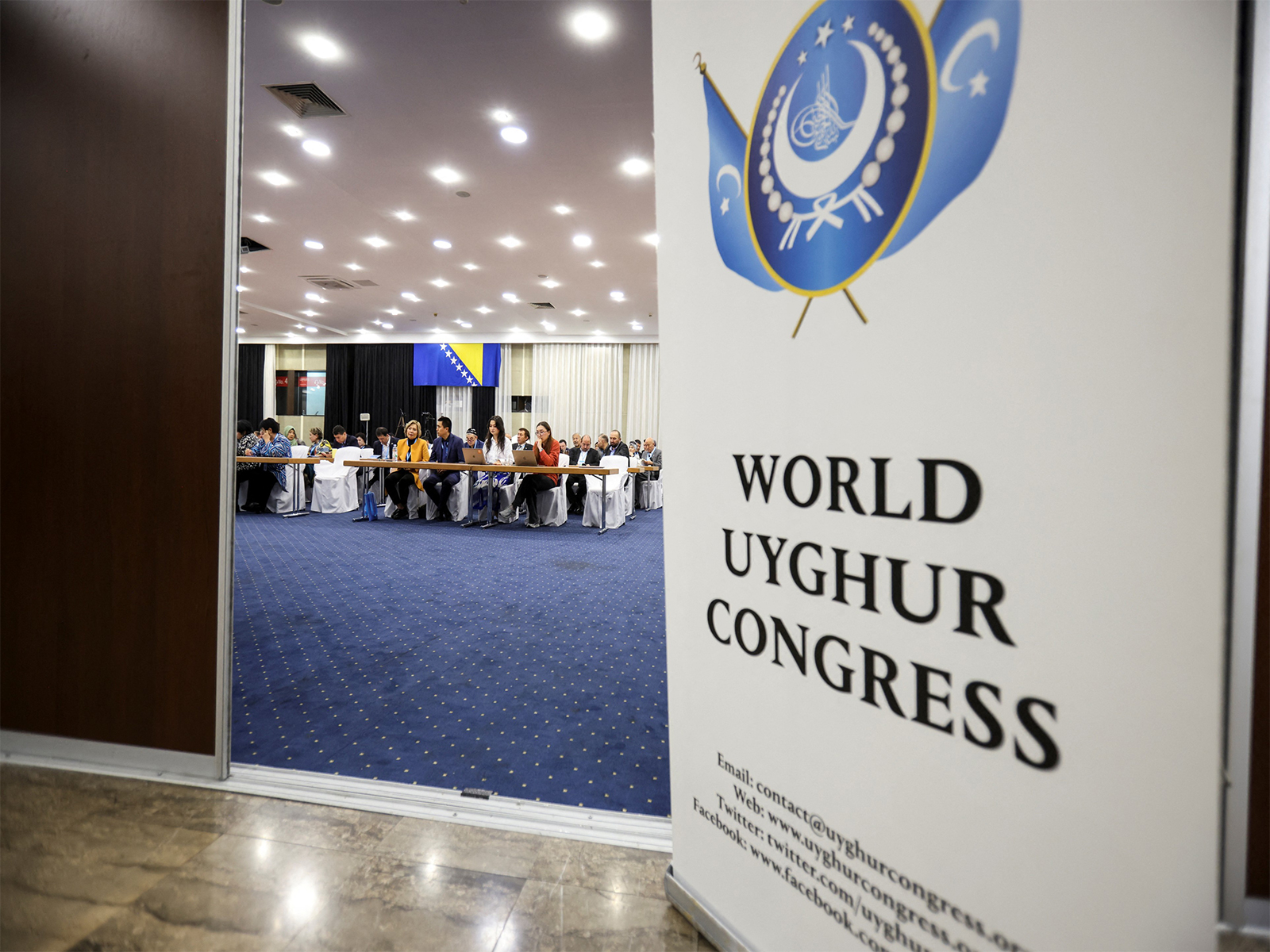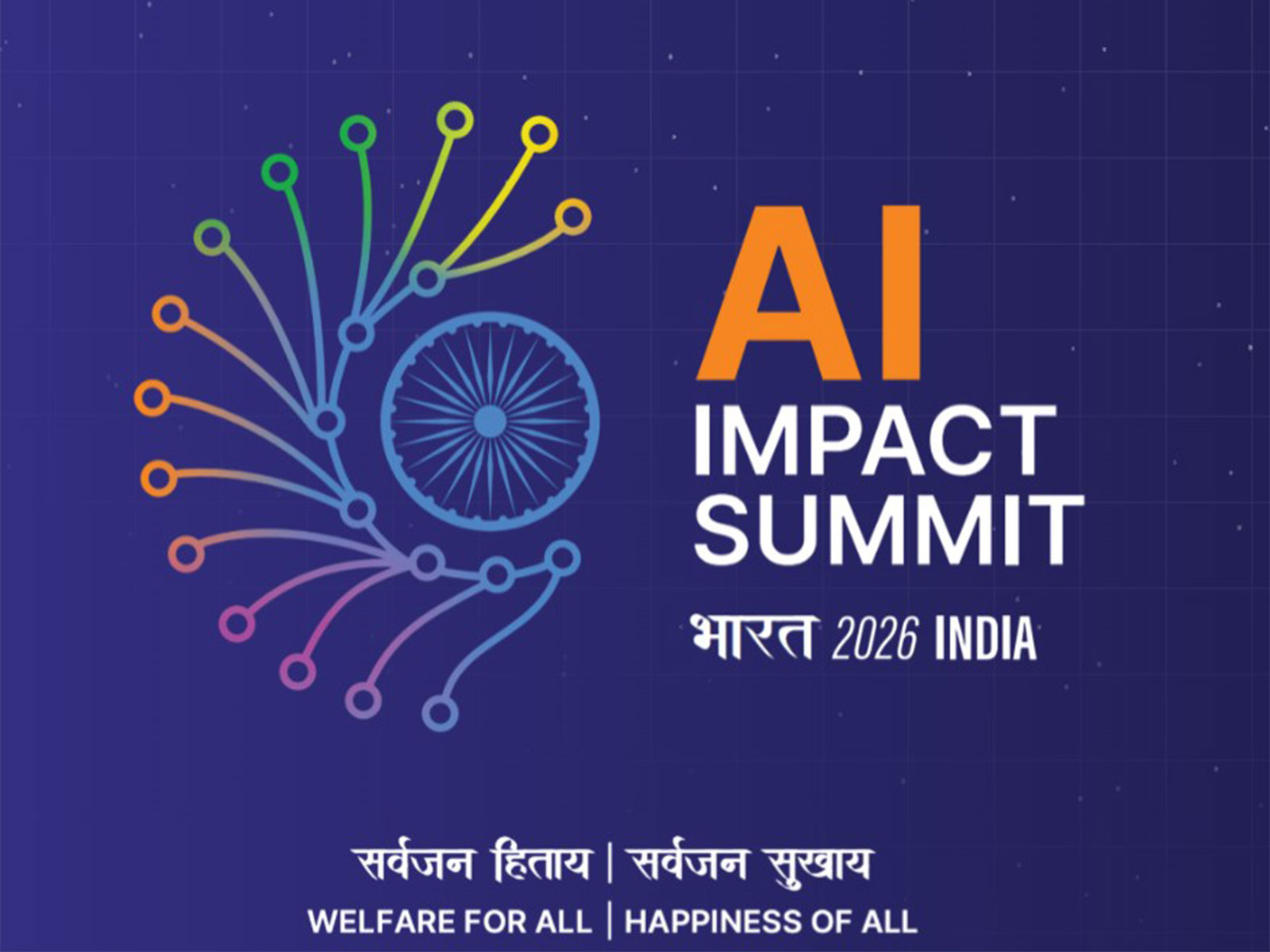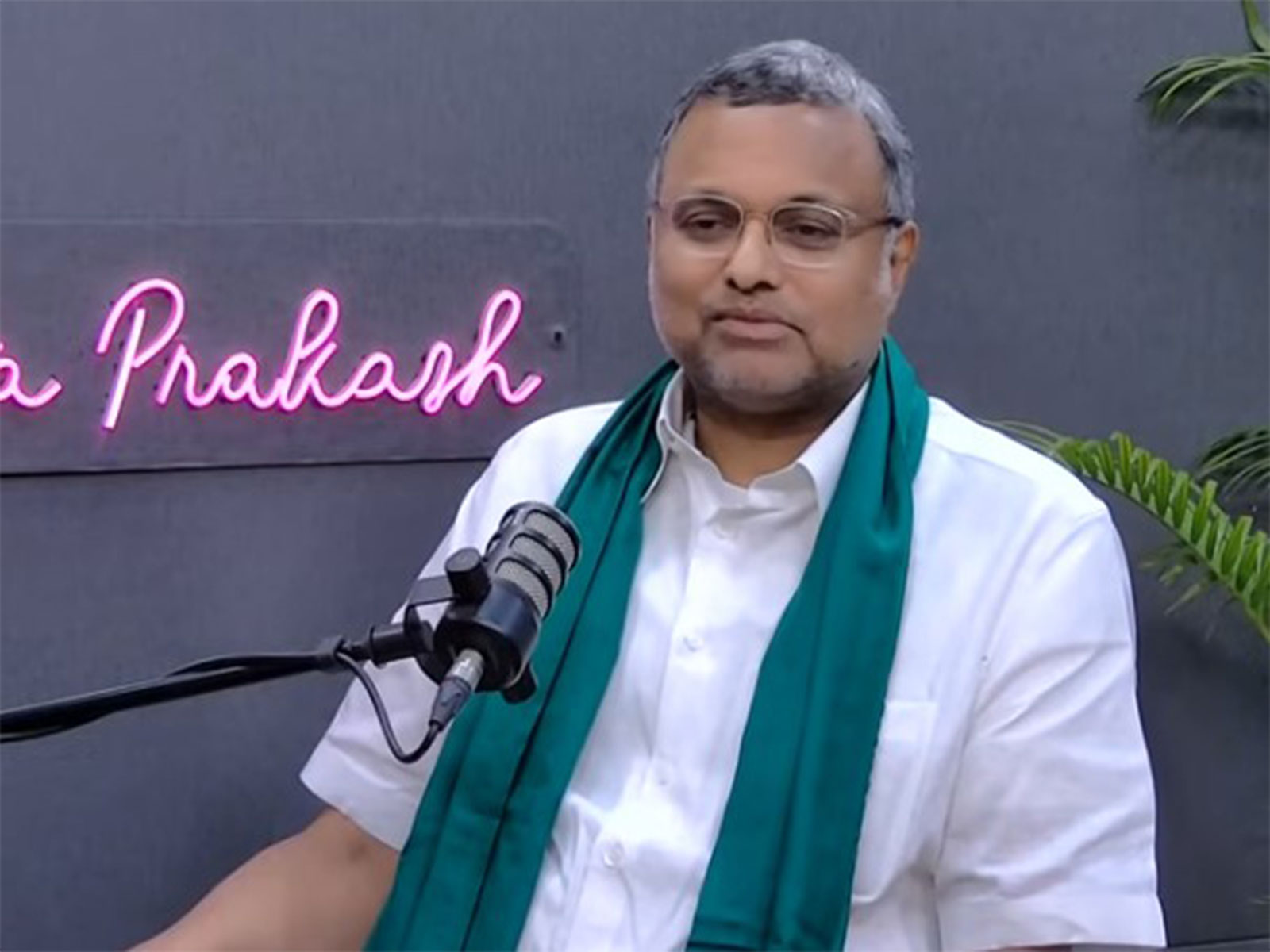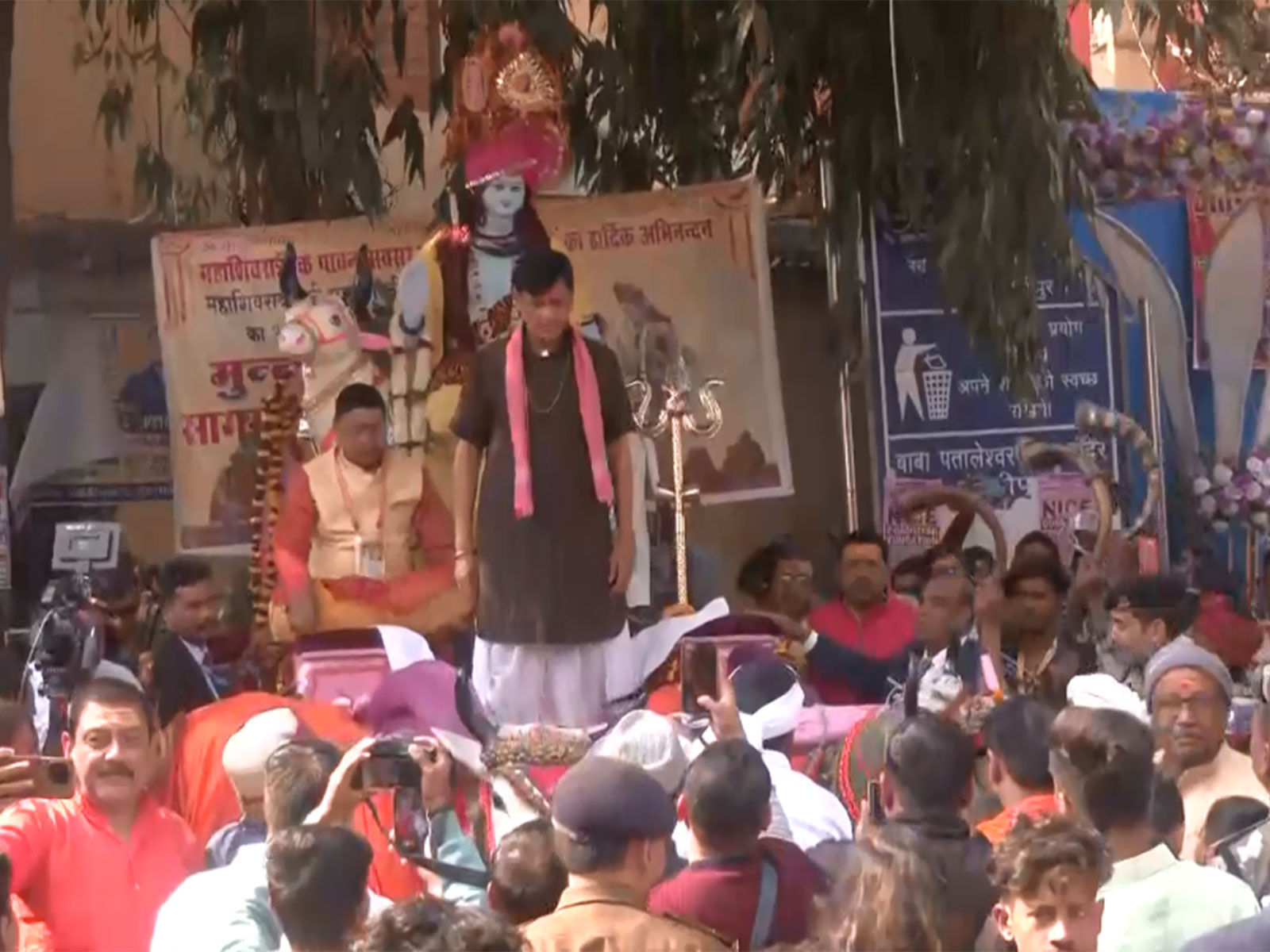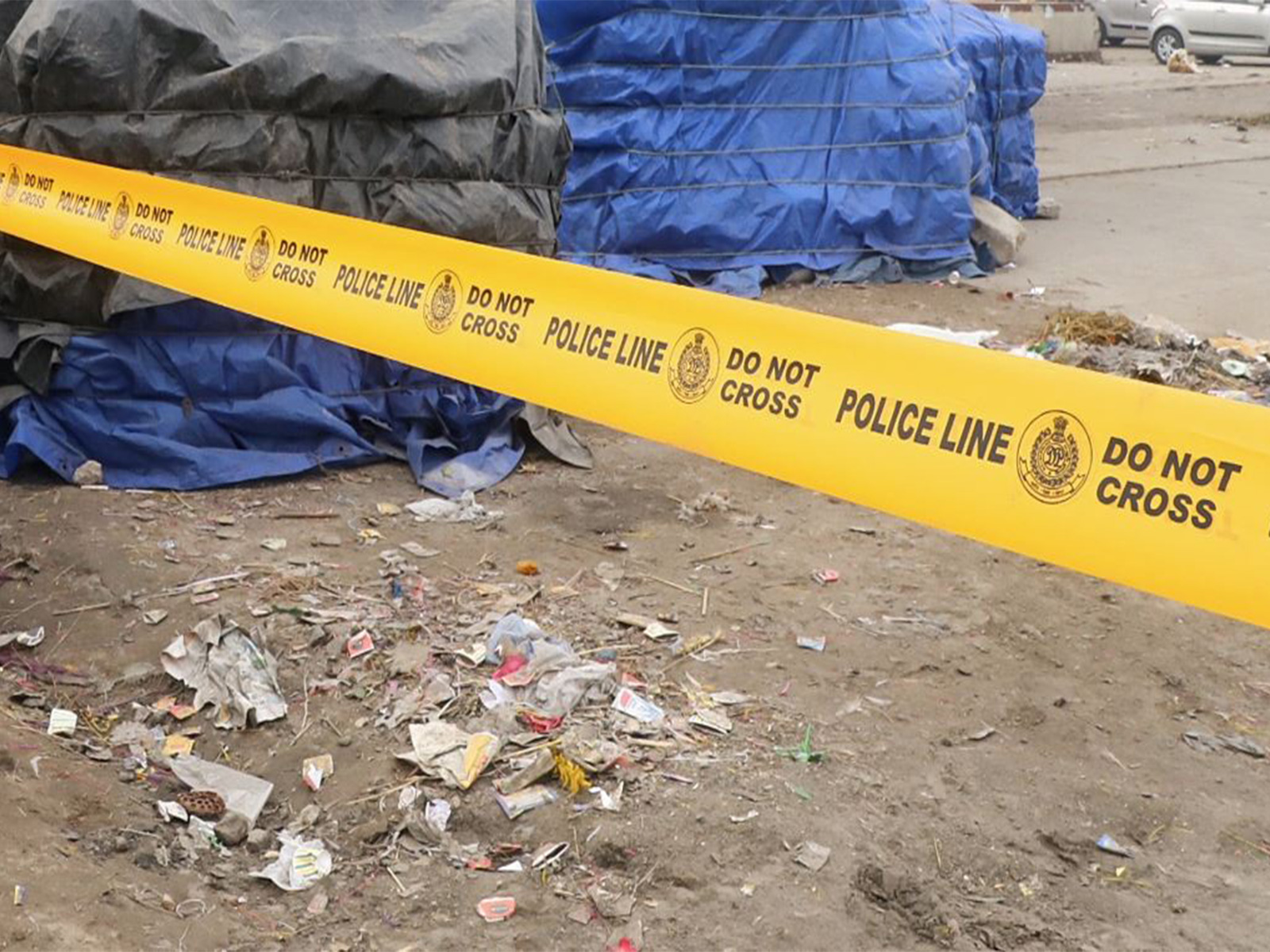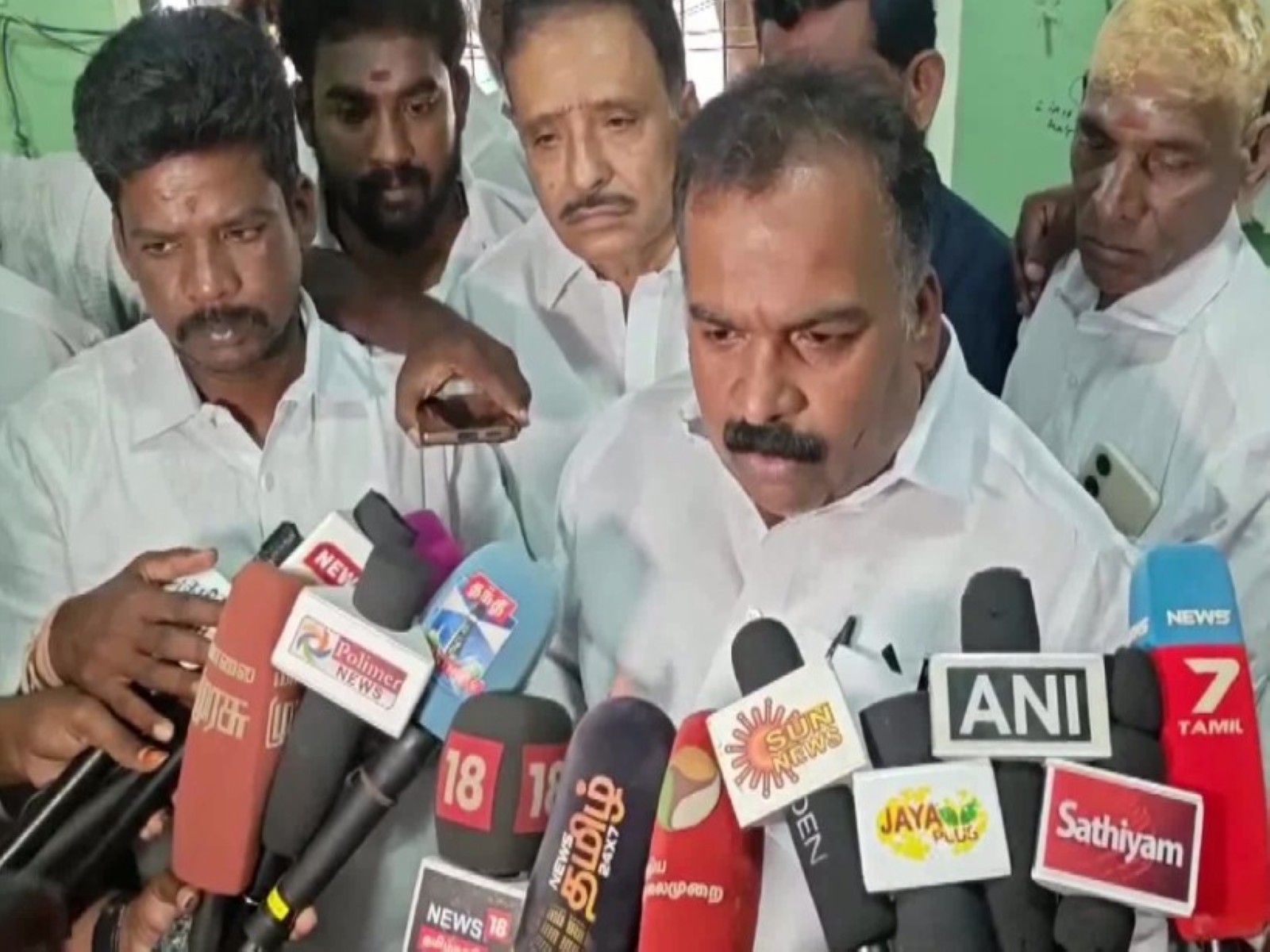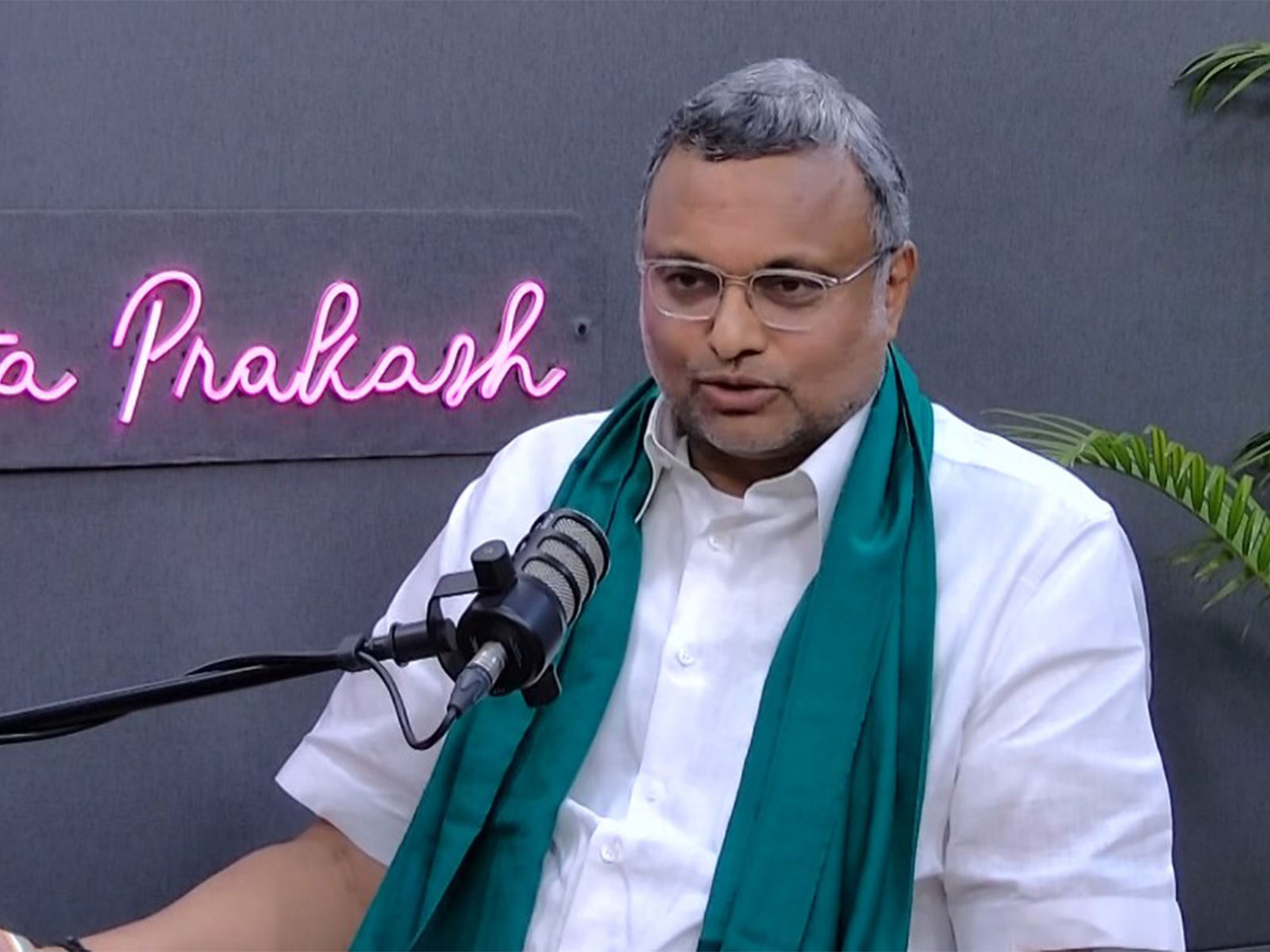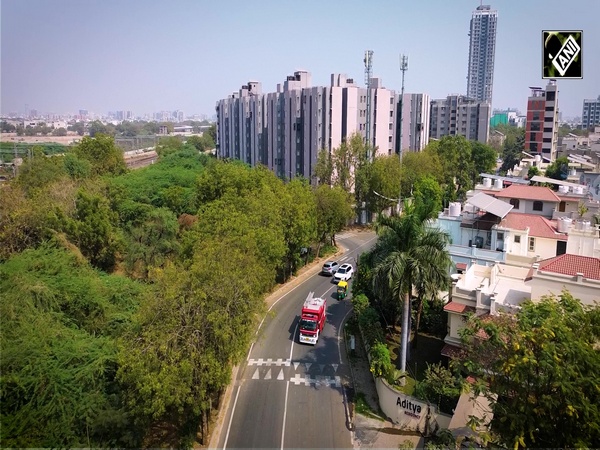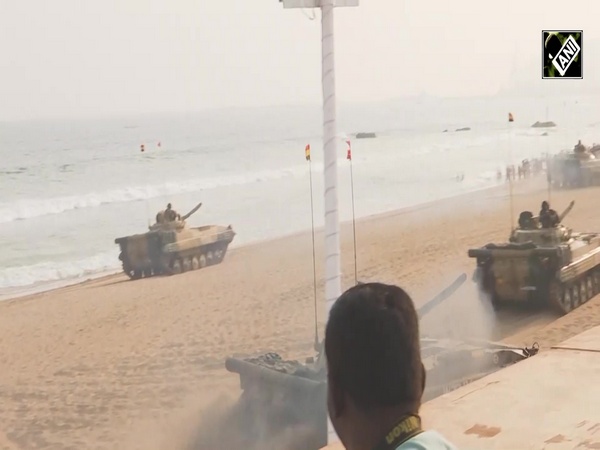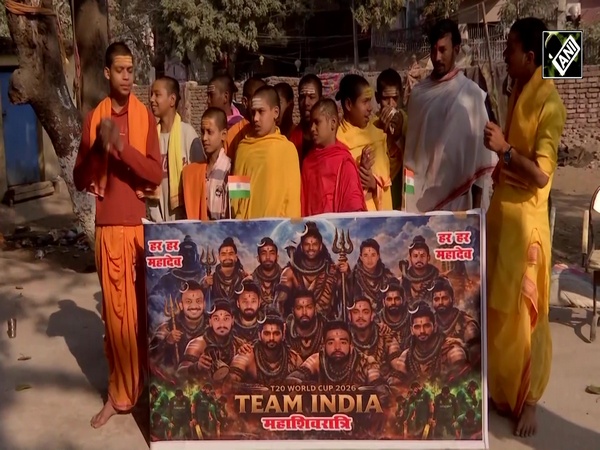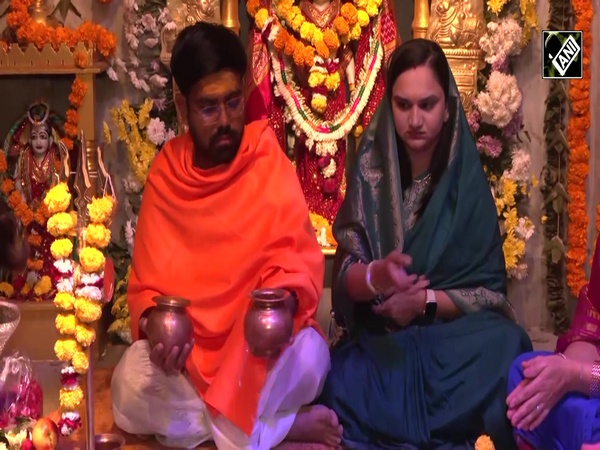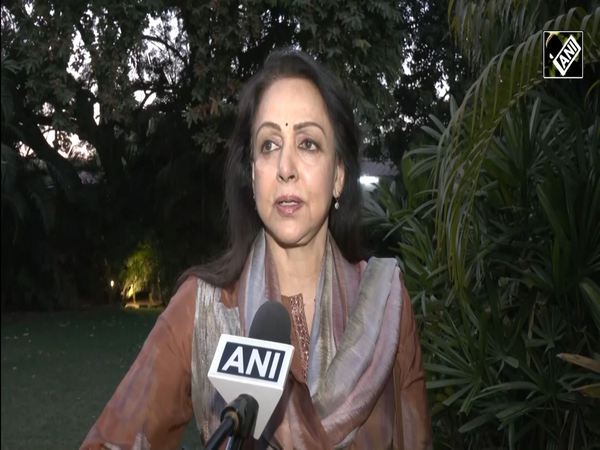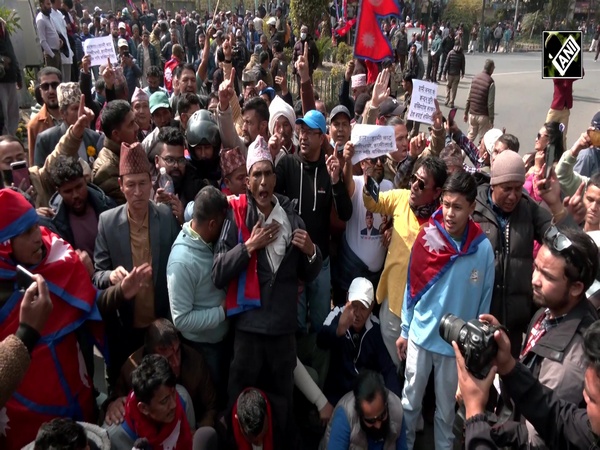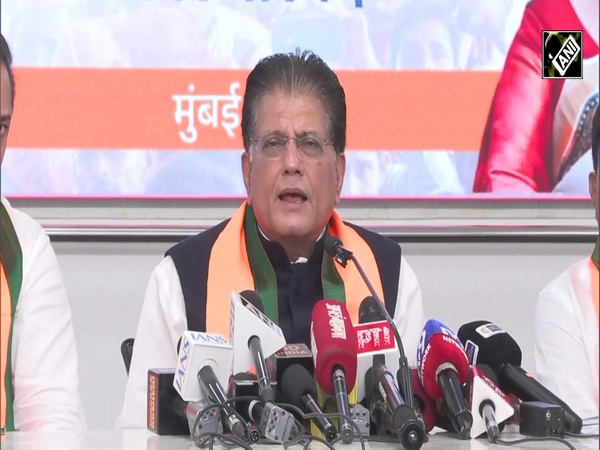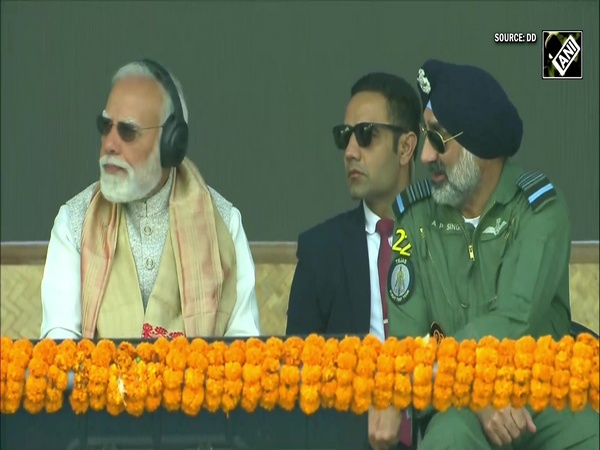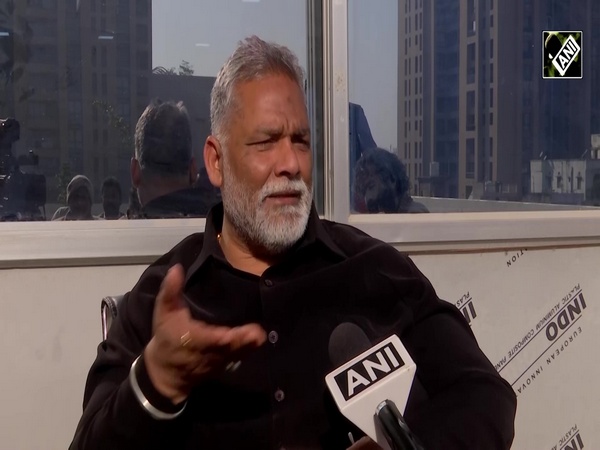"India and Japan have larger responsibility towards Indo-Pacific": Jaishankar
Nov 05, 2025
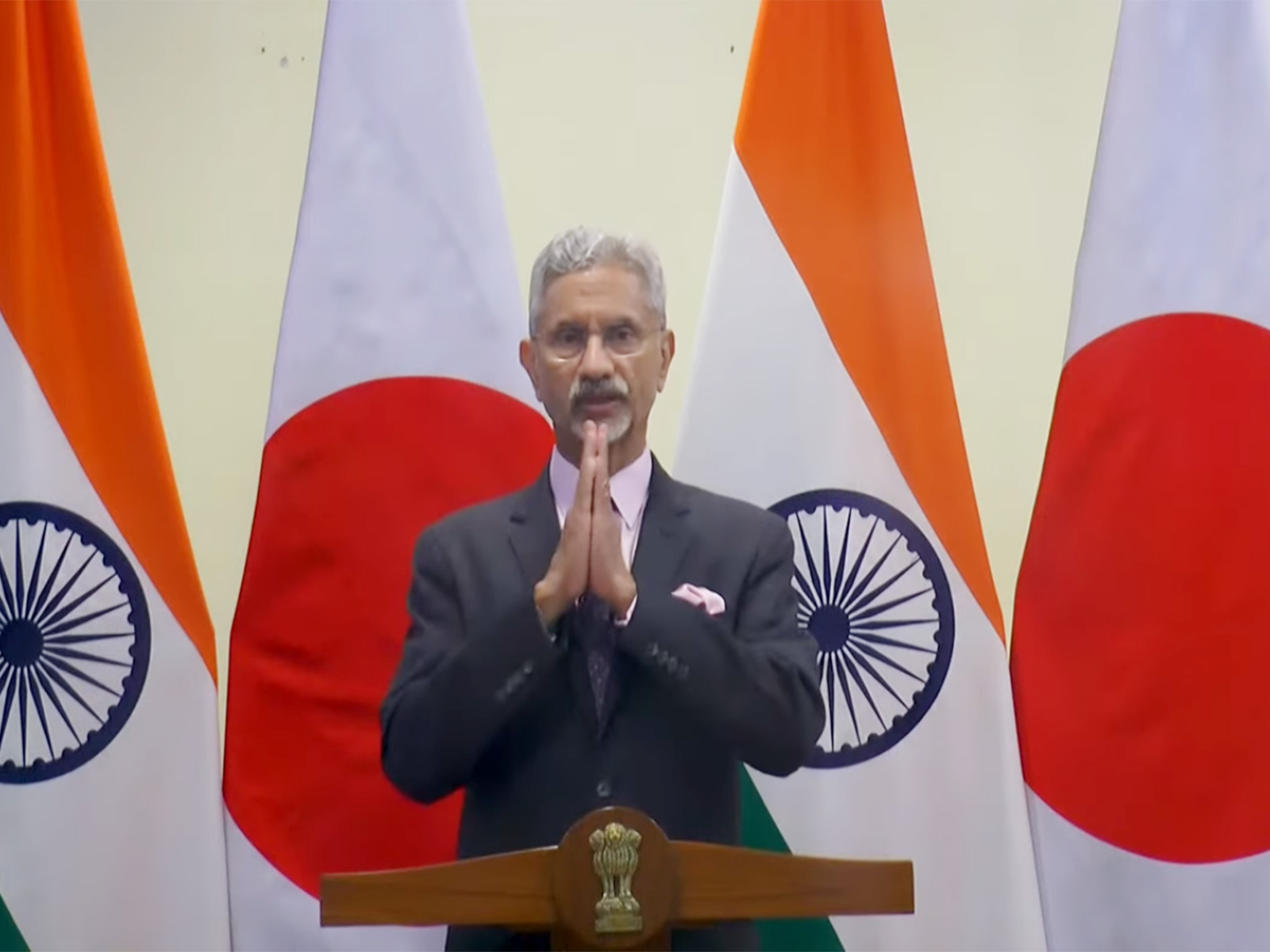
New Delhi [India], November 5 : External Affairs Minister S Jaishankar on Wednesday addressed the 8th India-Japan Indo-Pacific Forum, highlighting the deepening partnership between India and Japan.
The partnership, Jaishankar emphasised, serves to enhance strategic stability in the Indo-Pacific region and contribute to global economic growth.
"As two major democracies and maritime nations, India and Japan have a larger responsibility towards the Indo-Pacific. The Indo-Pacific Oceans' Initiative, where Japan co-leads the Maritime Trade, Transport and Connectivity pillar, has the potential to advance our contributions. Our partnership that has deepened so much in the last few decades, has greater value than ever before. It serves to enhance strategic stability in the Indo-Pacific and contribute to the economic one at a global level. Maintaining a free and open Indo-Pacific is a stronger imperative but also a more complex challenge," said Jaishankar.
Jaishankar pointed to several key initiatives that demonstrate the evolving nature of the India-Japan relationship, including the next-generation mobility partnership, the economic security initiative, the joint crediting mechanism, the joint declaration on Clean Hydrogen and Ammonia, and the MoU on mineral resources.
"Our bilateral relationship responds to the changing global scenario and that is reflected in the deepening of cooperation across multiple domains. The recent conversation between Prime Minister Modi and Prime Minister Takaichi as soon as she assumed office is testimony to the priority that we both attach to it. The visit of PM Modi to Japan in August significantly laid out the joint vision for the next decade. Its eight priority pillars and the investment target of 10 trillion yen over the next ten years are useful metrics to assess our ambition. The Joint Declaration on Security Cooperation is also noteworthy in raising the level of our aspirations in defence and security. Let me also highlight the Next Generation Mobility Partnership, the Economic Security Initiative, the Joint Crediting Mechanism, the Joint Declaration on Clean Hydrogen and Ammonia, and the MoU in the field of Mineral Resources as examples of an evolving contemporary agenda," said Jaishankar.
The India-Japan partnership is built on trust and has been growing stronger over the past decade. Both nations are committed to strengthening stability in the Indo-Pacific region ands ostering economic cooperation and sustainable growth.
https://x.com/DrSJaishankar/status/1985913233241198677
Jaishankar also emphasised the importance of people-to-people exchanges, citing the Action Plan for Human Resource Cooperation and Exchange. This initiative aims to create a deeper understanding between the two nations at the societal level.
"People-to-people exchanges are expected to receive a boost with the Action Plan for Human Resource Cooperation and Exchange. As they unfold, we may expect to create a deeper understanding at the societal level. Together, all these initiatives reaffirm the strategic and comprehensive nature of our ties," added Jaishankar.
The EAM also highlighted the key areas for cooperation - Artificial Intelligence, Semiconductors, Critical Minerals, Clean Energy and Space.
"Looking ahead, the India-Japan partnership must focus on leveraging our strengths, bolstering our supply chains and investing in artificial intelligence, semiconductors, critical minerals, clean energy and space," he added.
Jaishankar also recounted his meeting with Japan's Foreign Minister Toshimitsu Motegi.
"At the recent East Asia summit in Kuala Lumpur, I had the pleasure of meeting my new counterpart and old friend, Minister Toshimitsu Motegi once again. We agreed that it was in our mutual interest to follow this up with a more detailed review in person in the near future. So as we take our ties forward, let me emphasize that they have always benefited from inputs and insights provided by think tanks," he said.

